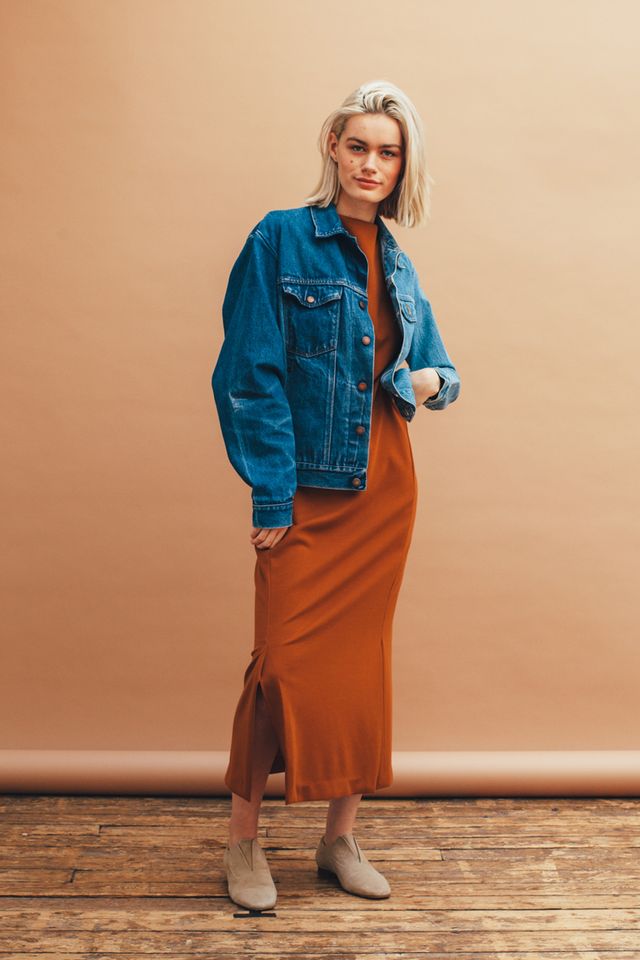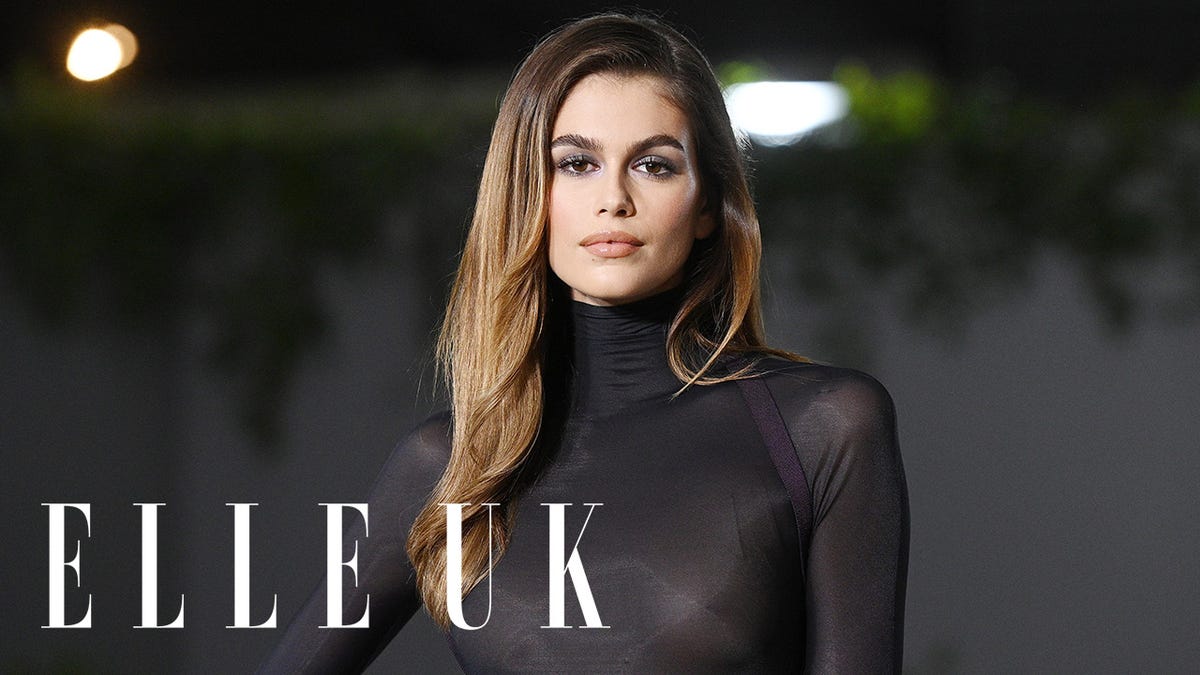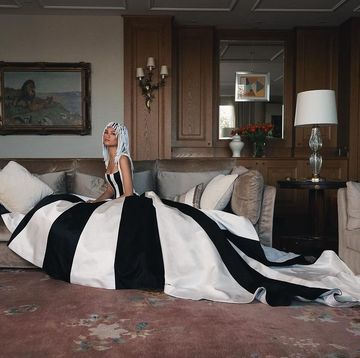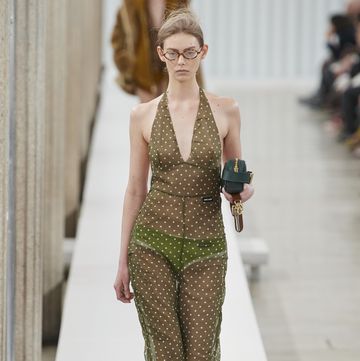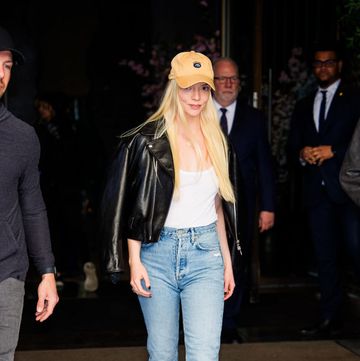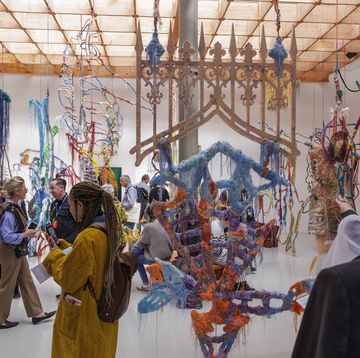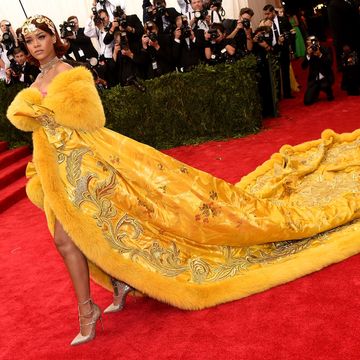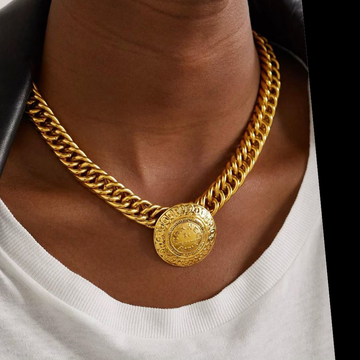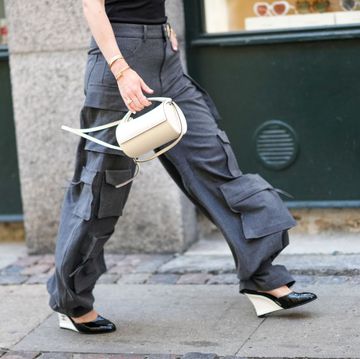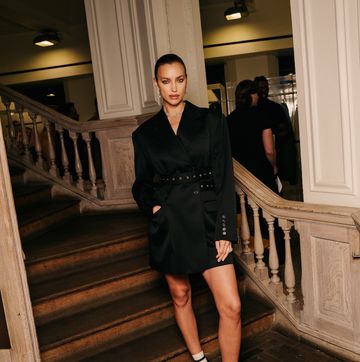It's unlikely that many will have heard of Cora Hilts, but she is fast becoming the Net A Porter of the sustainable world.
Since its inception in 2014, her online store, Reve En Vert, has become a go-to destination for desirable sustainable brands. As the site proves, sustainability doesn't come at the cost of style. What it does reject is animal cruelty, child labour, poor working conditions, and anything that damages the environment.
The diversity of labels on offer is impressive, from Pamela Love's sculptural bohemian-inspired jewellery to The Sway's perfect leather jackets. Growth has been fast – in the past two years, the company has received major funding from two major investors, which helped to finance the launch of a capsule in-house brand, REV by Rêve En Vert, and a pop-up at the Shop at Bluebird.
While Hilts faced challenges in the beginning of her business from the industry who refused to acknowledge the importance of sustainable fashion, she says that the fashion world's newfound focus and enthusiasm for ethically sound clothes comes with fresh difficulties.
"There was resistance when we first set up Reve En Vert, but there still is in a lot of ways," said Hilts. "Four years ago when we launched, very few people were talking about sustainability in luxury fashion as it just wasn't cool yet. Ironically today one of the big challenges we face as a truly sustainable company is how many fashion brands have taken sustainability on as a trend or a buzzword.
'With so many conscious collections and sustainable goals being set now, I think consumers are becoming confused about what the word even means in fashion,' she continued. 'The way we now combat this and our unique proposition has always been and will remain to be the fact that every element of our business, from our designers to our logistics, has sustainability at its core.'
The vetting process to be sold on Reve En Vert is strict. Each brand has to be remade, local, organic and fair and must reach a certain criteria concerning their use of materials, factories and workers.
The fashion industry has recently embraced sustainability in a big way. Earlier this year, Kering – the luxury conglomerate that owns Alexander McQueen, Gucci and Yves Saint Laurent – announced that it would reduce its environmental impact and focus on social welfare. Stars such as Emma Watson have also gone a long way in changing perceptions of the genre, setting up an Instagram account to document her eco-friendly looks.
'I think people are beginning to wake up to the fact that the earth has an infinite amount of resources that we are using up at a pace that is quite terrifying,' said Hilts. 'For the most part, people behind the industry now know this cannot continue.'
The high street, she says, is a different situation. If we want to wear truly environmentally friendly, ethical clothes, then we have to accept that the prices will be higher. What it boils down to, claims Hilts, is a change in our shopping mindset.
'It is impossible to create sustainable fashion at prices that would rival the high street in most cases,' she says. 'The reality is that we just should not be able to spend £10 on a fashion item. That price cannot possibly reflect fair labour, natural materials or environmental regard.
'The fact of the matter is most of us spend more money on fashion than we like to admit, but we expect to get five things for that price, not one piece of quality that we will wear time and time again and that is the big issue.'
It seems Hilts' work is far from over.
